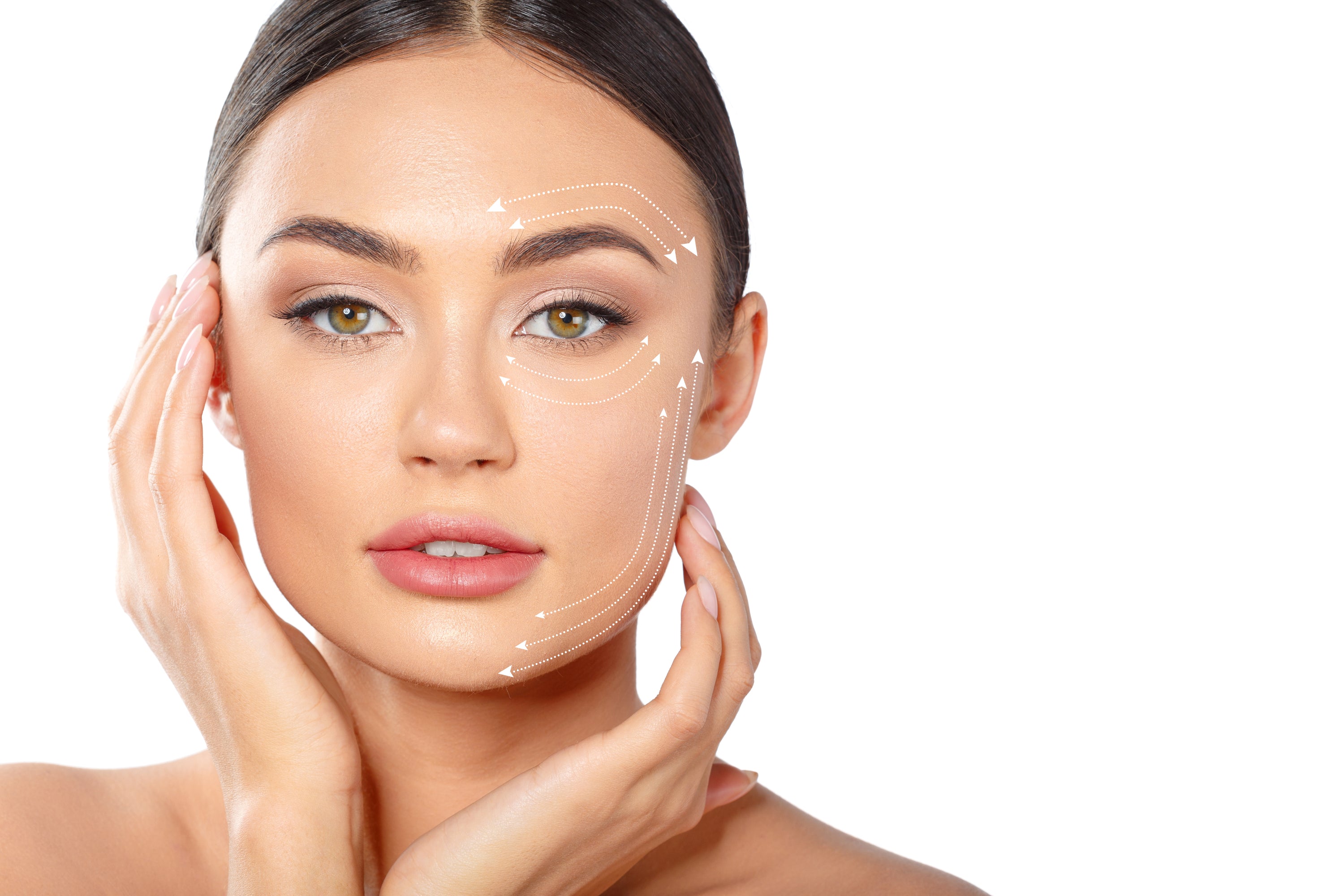
How to Spot Ingredients That May Cause Breakout
Do You Know What You’re Putting on Your Skin?
Does this sound familiar? You pick out a new skincare product on a whim - maybe it’s a moisturizer, or a cleanser, or some sort of serum - take it home, try it out...and the next thing you know, your skin breakout.
How did this happen? Well, you may have run into comedogenics - an unfortunately all-too-common ingredient in many cosmetics and skincare products. Though many formulas have improved in recent years, other commonly used skincare products still contain comedogenic ingredients. That could mean a breakout, blemishes and even full-blown acne are waiting just around the corner.
Learn to avoid pore-clogging, acne-causing comedogenic ingredients easily. And more so, you can also get to know ingredients that are skin-healthy too.
Comedogenics - Hiding in Plain Sight
First of all, what are comedogenics? Simply put, they’re substances that sit heavy on the skin and cause comedos - the earliest stage of a clogged pore. Since scientists started researching the effects of these chemicals on the skin in the 1970s, companies have made an effort to remove them. Unfortunately, the sheer amount of comedogenic ingredients used in skincare and makeup means they’re difficult to avoid entirely.
An easy way to tell if a product contains comedogenic ingredients is to take notice of the consistency. Thick, creamy products might feel luxurious to coat over your skin, but they’re actually acting like a big blanket - your pores can’t breathe!
Your reading skills are also important when it comes to choosing the right skincare products. A quick skim of the ingredients label will tell you a lot about the makeup of a product - and how likely it is that it can cause a breakout. Products that have “isopropyl-“ in the name are frequently common comedogenics, as are sulfates like the dreaded sodium lauryl sulfate. If you ever come across these on a label, you can assume it’s probably not very nice and breathable for your skin.
What Ingredients Should I Look Out For?
So with all this in mind, what exactly are you supposed to put on your skin? After all, it seems like the list of what to avoid is impossible to follow.
Once again, reading is going to be your biggest helper. The easiest way to avoid acne-causing ingredients is to simply look for products labeled as ‘non-comedogenic.’ Take a look at the ingredients on the box of tube before you purchase - We always list the ingredients for our makeup and serums.
Unlock the Secret to Breakout Free Skin
If you can, note the consistency. Does it feel lightweight? Clear? More like a serum? It’s probably much safer to put on your skin without having to worry about a breakout happening.
Look out for ingredients that are always safe. Aloe Vera is one of the best and healthiest products you can apply to your skin - and as an added bonus, it’s a completely natural and plant-derived ingredient that’s certainly not comedogenic. Civilizations have used Aloe Vera to treat skin, hair and nails for over 6,000 years, so it’s really time-honored. In fact, it's a key ingredient in our Perfect10 Primer Serum!
You’ll be celebrating your clear and healthy skin in no time!








6 comments
Brandy, both the Miracle 7-in-1 Primer Serum and Hydrawear 12HR Foundation are Aloe Vera free!
Nicole, thank you for the comment and the positive feedback, so happy to hear you are enjoying the blogs!
If there is any specific topics you would be interested in learning more about, please let us know!
Gloria, thank you so much for your comment and feedback, we are so happy to hear you found the information helpful! Hopefully, your skin will start to benefit from the changes in the ingredients you use, let us know how the results are!
What about the rare people like me, who just happens to be allergic to aloe vera? So hard to find products I can use.
You must have read my mind! I was just thinking the past two weeks about this problem and wondering if my cleanser was actually causing me problems. Yes, it had both those ingredients in it, and I was told by a dermatologist to use it about 40 years ago! My skin has become more and more sensitive as I age. Thanks for the great information and for producing your wonderful makeup products.